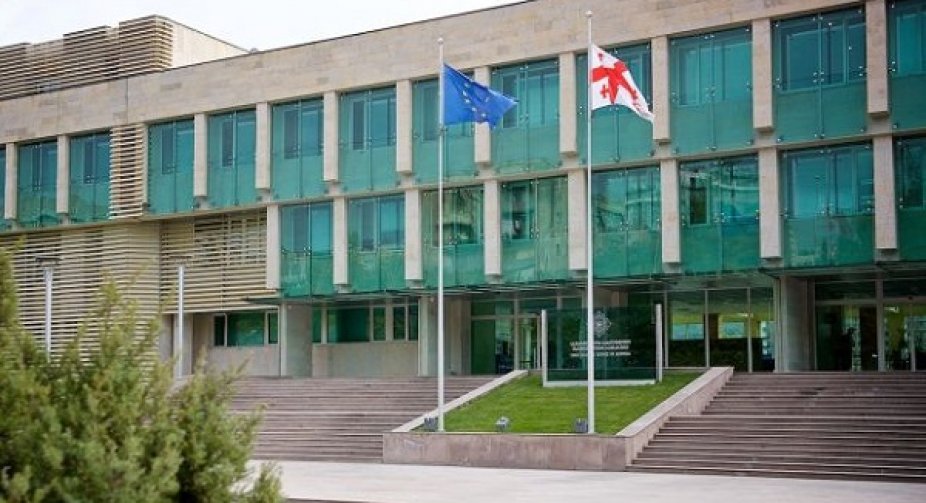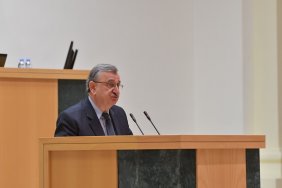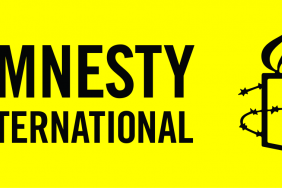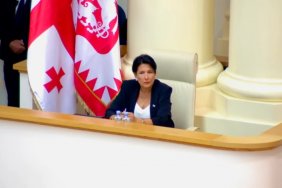The Georgian state security service on Monday rejected the presence of its employees at the parliament building as “fake”, in response to the opposition’s claims that the government had called the agency’s staff to ensure its “own security” amid protests related to the controversial foreign agents bills.
The agency claimed “none of its employees” had been sent to the legislative body since the launch of discussions on the bills proposed by former members of the ruling Georgian Dream party earlier this month.
The bills by the People’s Power political movement, whose members still remain in the parliamentary majority, envisage the registration of domestic NGOs and media organizations as foreign agents if they receive more than 20 percent of their incomes from abroad.
The bills backed by the GD have been strongly condemned by both the international community and domestic civil and media entities as a “Russian law, aimed at stigmatizing and restricting” their activities.
The bill is being discussed in the parliament’s legal affairs committee amid protests.






